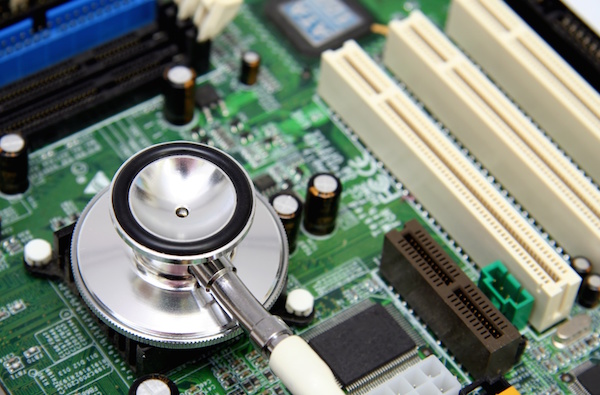
SATURDAY, May 22 (HealthDay News) — Half of all American parents polled say they would like to be able to communicate with their child’s physician via the Internet, a new survey reveals.
Yet fewer than 15 percent of those said they are currently able to do so to make appointments for vaccinations or lab record retrievals, to complete screening forms, to fill prescriptions or to get health advice.
The findings were gleaned from the national C.S. Mott Children’s Hospital National Poll on Children’s Health, which was conducted in January of this year.
More than 1,600 parents of children up to the age of 17 participated in the as-yet-unpublished survey.
“Electronic communication between parents and their children’s health care providers offers a lot of potential benefits,” Dr. Matthew Davis, poll director and an associate professor of pediatrics and communicable diseases at the University of Michigan (UM) Medical School, said in a new release.
“For administrative tasks that almost all parents need to complete, electronic communication can reduce wasted time and minimize frustration for both parents and office staff,” he noted. For clinical services, parents often have questions about whether minor injuries or illnesses require an office visit; electronic communication provides a way to obtain advice without waiting on hold for long periods of time.”
The survey’s observations come on the heels of recent federal health care legislation that promotes electronic health records as a means to improve efficiency and overall medical care quality.
However, the UM team points out that despite the heightened interest in electronic communication between doctors and patients, significant hurdles could slow the speed with which such measures are adopted.
“Some health care providers have expressed concerns about reimbursement for electronic services that require staff time,” said Davis. “Others worry about medical liability associated with offering clinical advice via e-mail or the Internet, without examining the patient.”
“However, given the strong endorsement for electronic communication from this national sample of parents, significant efforts should be made to address these challenges,” he added. “The obvious advantages of electronic medical records efficiency, clarity, documentation are the same reasons why we should work to make e-communications available for our patients and families.”
More information
For more on electronic health records, visit the U.S. National Institutes of Health.

